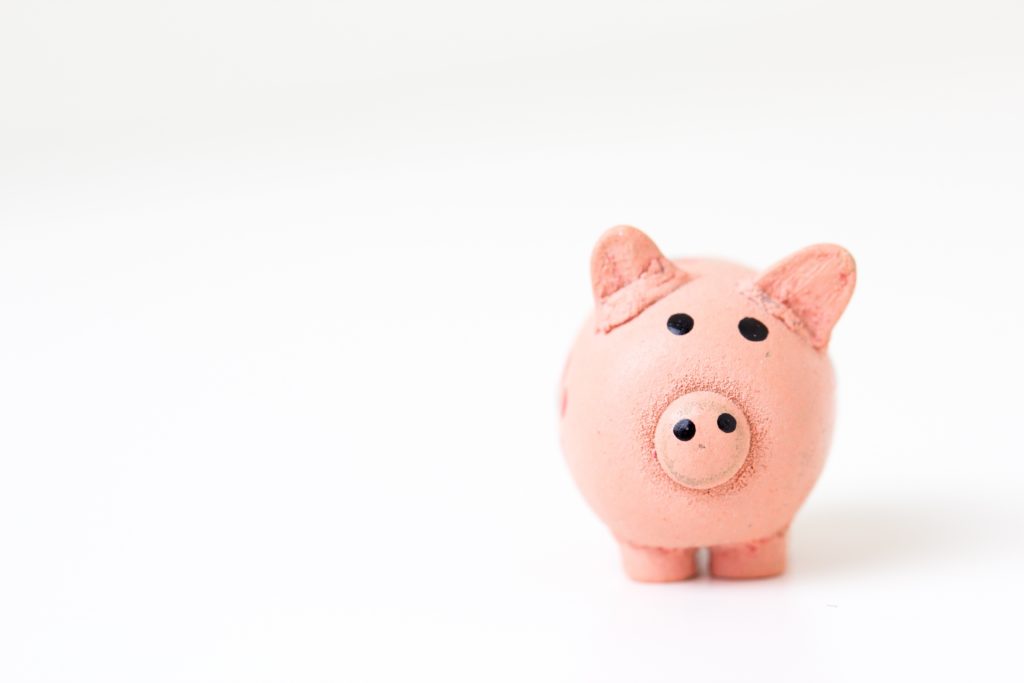Managing money and learning the best way to handle your finances isn’t an easy task for anyone. But according to study after study, it’s most difficult for women.
More than 41 percent of the female American population struggles financially, according to Wider Opportunities for Women, a nonprofit group dedicated to female empowerment. And in order for anyone to have high financial literacy levels, they must first have high literacy levels in general, in terms of reading and writing. The U.S. Department of Education reports that 3.8 million American adult women possess financial literacy skills below a “basic” level. The basic level refers to reading, writing and math skills at a third-grade level. If women are having trouble receiving enough education to have basic literacy skills, imagine how difficult it is for them to understand bank statements, credit card agreements and other financial documents.

And even if women have received enough education to have basic literacy levels, financial literacy is a world of its own. Another literacy study of men and women, conducted by the Global Financial Literacy Excellence Center, asked questions related to inflation, interest rates and the stock market. The study revealed that 16 percent more men answered financial questions correctly. This gender gap in financial literacy is replicated in other international research. Antonia Grohmann, a Berlin-based economist, found that in 135 out of 144 countries, women understand finances less than men do.
While women are more likely to complete college and graduate school than men, they are also burdened by student loans and the struggle of debt repayment. Women dedicate more of post-college earnings to monthly loan payments than men, and thanks to the gender wage gap, they are paying from paychecks that often are significantly smaller than a man’s. Other factors like divorce, children, home ownership, and retirement planning play an integral role in how women handle their finances.
![]()
In the end, financial literacy and education can be a deciding factor in a woman’s career– and her life in general. If women receive the financial education they need and become more confident in their own finances, hopefully we can have more women leaders. After all, women make up half of the world population. Maybe increasing financial literacy with half of the population can finally begin to solve this inequity and close the gender gap in leadership that we’ve been fighting to close for too long.
By: Cianna Allen

